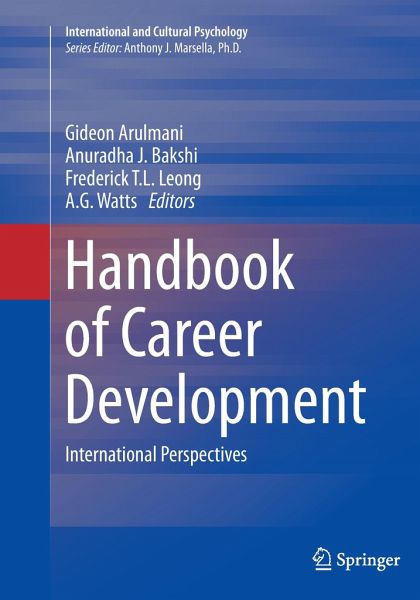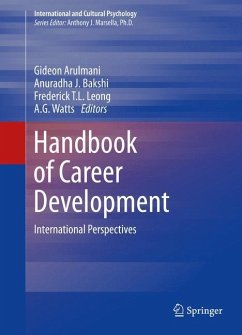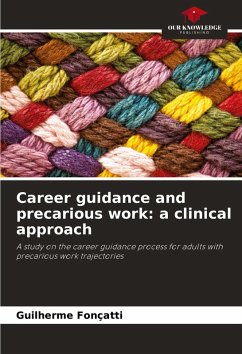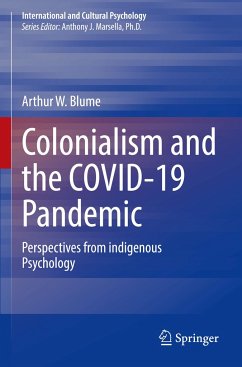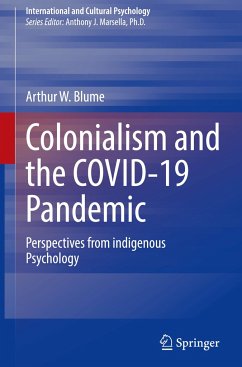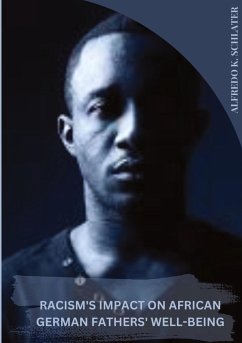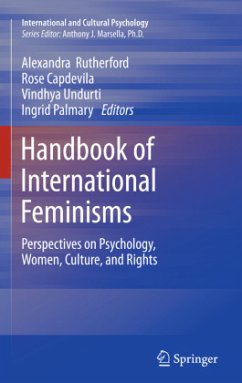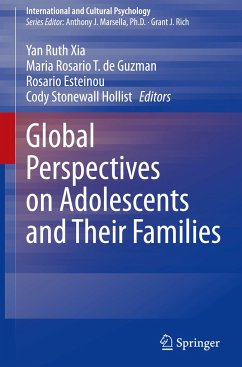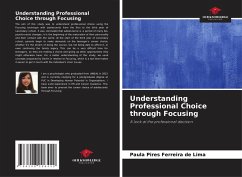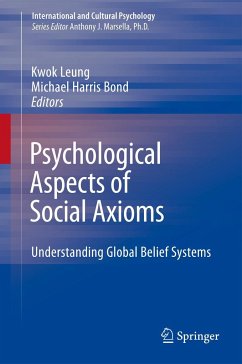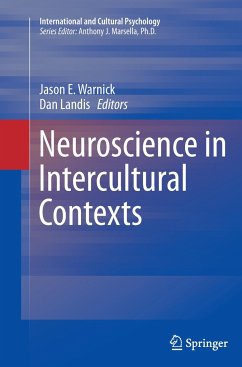Gideon Arulmani Ph.D., is a clinical psychologist with an M.Phil., in Medical and Social Psychology and a doctoral degree in Career Psychology from the University of Portsmouth, UK. He is the Founder and Managing Trustee of The Promise Foundation, Bangalore, India. His interests lie in the interdisciplinary understanding the human potential. He has developed the Cultural Preparation Process Model of Career Development and formulated comprehensive culture-resonant systems of career counseling for India and other countries. He has also developed curricula for capacity building at the certificate, masters, and doctoral levels. He is the president of the Indian Association for Career and Livelihood Planning; a member of the Executive Board of International Association for Educational and Vocational Guidance; an International Fellow of the Consortium for Multicultural Psychology Research, USA; an International Fellow of the National Institute for Education and Counselling, Cambridge, UK; Visiting Senior Lecturer at the University of Canterbury Christ Church, UK; Visiting Professor at the Martin Luther Christian University, Meghalaya; and international consultant to a number of multilateral agencies. He is a reviewer and associate editor for a wide range of journals of psychology and counseling. His other interests include documentary film making, photography, folklore, historical fiction, craft, jewelry design, and wine making! email: garulmani@t-p-f.orgAnuradha J. Bakshi Ph.D., is an Associate Professor and Head of the Human Development Specialization at the Nirmala Niketan College of Home Science, University of Mumbai, India. She is teaching in the B.S., M.S., and doctoral programs in Human Development. She has been teaching at the university level for over 20 years, and has taught at multiple colleges and universities. She also has extensive research experience, including coordination of national and international funded projects as well as research work with graduate students. She is the Vice President of the Indian Association for Career and Livelihood Planning, and a Managing Editor of the Indian Journal of Career and Livelihood Planning. She is also an Associate Editor of the Research Reach: A Journal of Home Science. She has been a Guest Editor of a special issue of the International Journal for Educational and Vocational Guidance. She has been appointed to one of the Board of Studies at the University of Mumbai, and curriculum development is one of her special strengths. Her specialty areas in teaching include research methods and statistics, and theories and models of human development. She is especially drawn to the convergence and divergence between Western psychological and Indian philosophical and spiritual literatures. She has been researching varied areas with her students, including spirituality, positive psychology, education, youth services, and career development. Her recent publications are in the area of career development. With higher educational qualifications from both India and the United States, she is particularly sensitive to cultural differences, and not just between two or more countries but also within a country. As a resident of Mumbai, she is encouraged by the overall indomitable spirit of enterprise and agency in Mumbai. email: anustra@gmail.com Dr. Frederick Leong, is Professor of Psychology and Psychiatry at Michigan State University. He is also Director of the Consortium for Multicultural Psychology Research in the Department of Psychology. He has authored or co-authored over 150 articles in various psychology journals, 100 book chapters, and also edited or co-edited 14 books. He is Editor-in-Chief of the Encyclopedia of Counseling (Sage Publications, 2008) and the APA Handbook for Multicultural Psychology (APA Books, 2013). Dr. Leong is a Fellow of the American Psychological Association (Divisions 1, 2, 5, 12, 17, 29, 45, 52), Association for Psychological Science, Asian American Psychological Association, and the International Academy for Intercultural Research. His major research interests center around culture and mental health, cross-cultural psychotherapy, cultural and personality factors related to career choice and work adjustment. email: fleong@msu.edu A. G. Watts, is an international policy consultant on career guidance and career development, based in Cambridge, England. He is a Founding Fellow and Life President of the National Institute for Career Education and Counselling (NICEC); Visiting Professor of Career Development at the University of Derby; and Visiting Professor at Canterbury Christ Church University. In addition to his extensive publications, Tony Watts has lectured in over sixty countries, and has carried out a number of comparative international studies of career guidance systems. He has been a consultant to international organizations including the Council of Europe, the European Commission, OECD, UNESCO, and the World Bank. In 2001/2 he worked at OECD on a 14-country Career Guidance Policy Review, subsequently extended through other bodies to cover 55 countries. He is a consultant to the European Commission¿s European Lifelong Guidance Policy Network, and a member of the Board of the International Centre for Career Development and Public Policy. He was awarded an OBE in the 1994 Queen's Birthday Honours List for his services to education. His passions include his family, cricket, and early music. email: tony.watts@zen.co.uk
